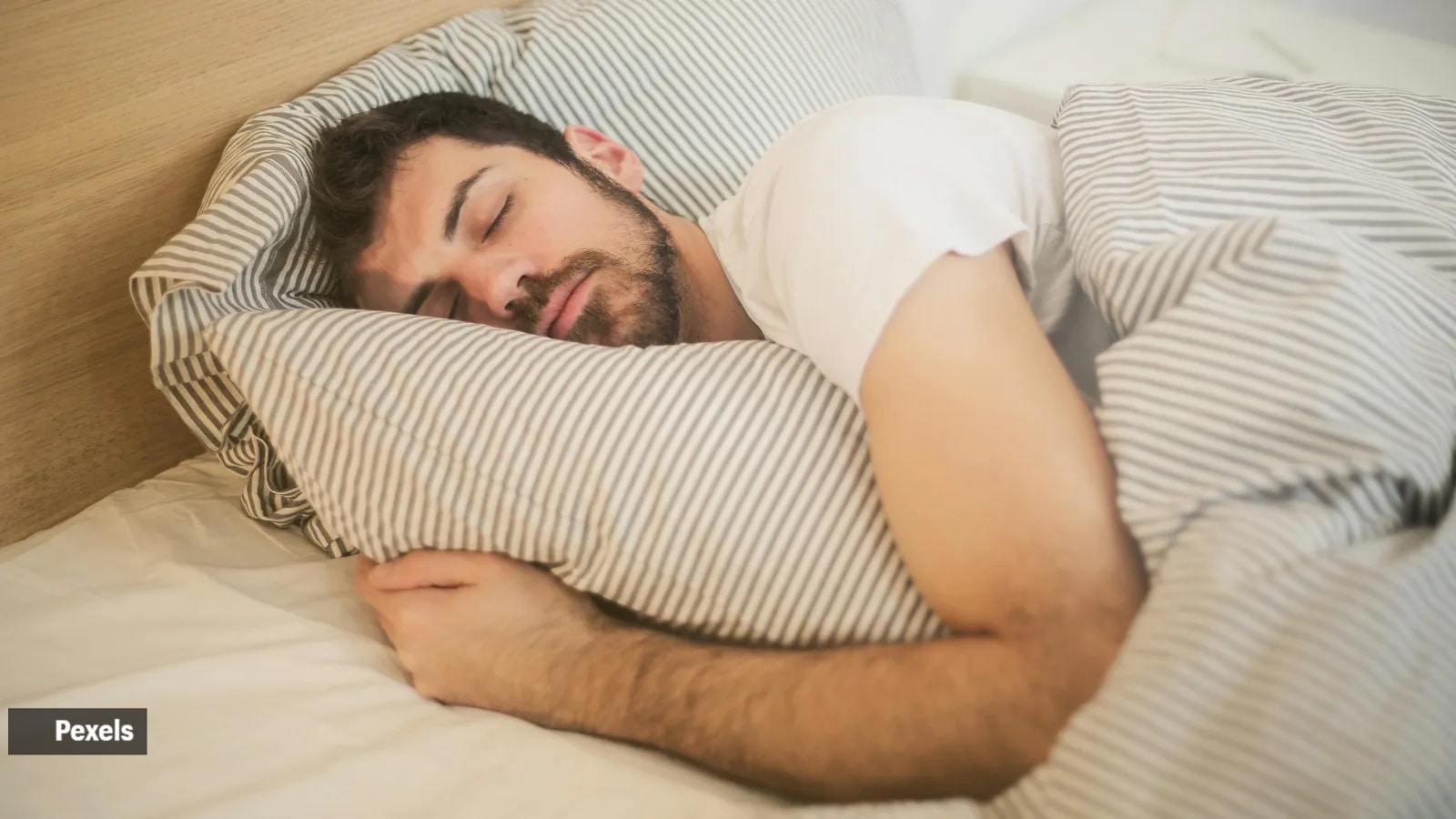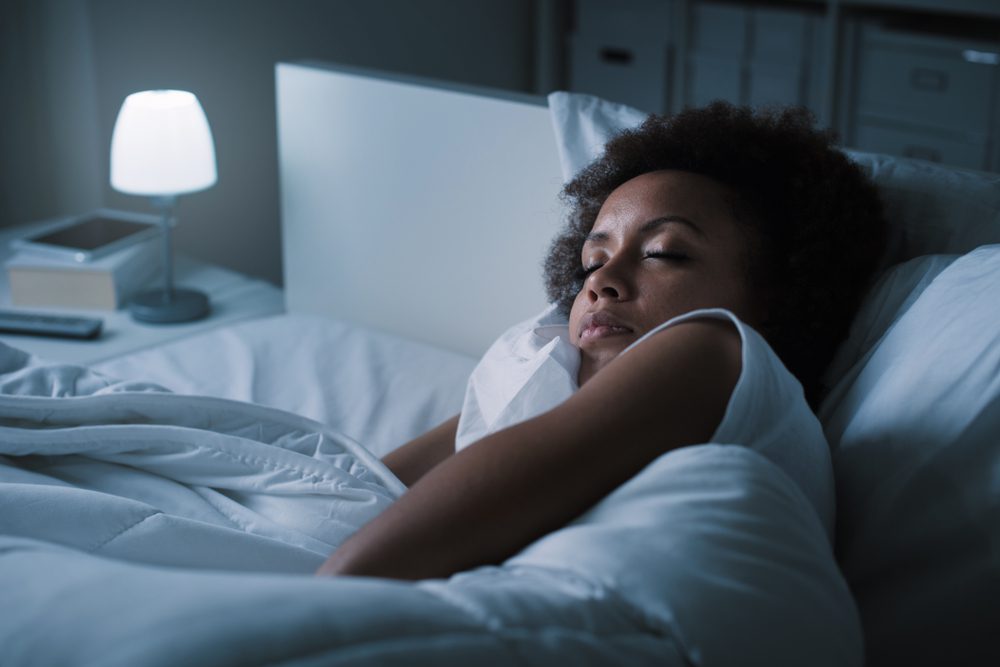Fall Asleep And Sleep Better: 3 Tested Strategies

Sleep issues affect people of all ages. (Photo by Smith Collection/Gado/Getty Images).
About one in three adults don’t get enough sleep, according to recent data. Even adolescents suffer from insufficient sleep, which can affect their health and well-being, according to a Centers for Disease Control study.
Sleep deprivation continues to be an issue, affecting moms with young kids, people working long hours, those with chronic health issues, middle and high school students, and others. Sometimes, it may seem that efforts to combat sleep issues are futile, and that’s because using a one-size-fits-all approach isn’t always helpful. We may need to consider other strategies to improve our sleep, because not getting adequate sleep is unique to each individual.
Science has shown that sleep is critical for health and longevity, so it’s important to make changes to combat sleep issues and get quality rest. For instance, sleep positions can significantly affect the quality of sleep and overall health, as shown in a recent study published in the Journal of Sensors. The study explored the relationship between sleeping position and sleep quality, using flexible wearable sensors to monitor different positions and turning frequency. It concluded that subjects without sleep disorders and who prefer to sleep on their side sleep better than those who like to sleep on their backs. Also, a higher frequency of turning during sleep reduces sleep quality.
Understanding and adjusting sleep positions is one of several ways to improve sleep health. Here are three more ways to fall asleep based on current research.
1. Cognitive Behavioral Therapy For Insomnia (CBT-I)
Sleep deprivation can be devastating, but when it comes to insomnia, the stakes are even higher. Insomnia is a common sleep disorder that includes trouble falling asleep, staying asleep, or getting good quality sleep, according to the National Institutes of Health. It can affect daily activities, and treating it will require more than timing and the right environment to sleep well. Hence, CBT-I could be an effective treatment for both short-term insomnia and chronic insomnia, as research has shown.
CBT-I focuses on reorganizing thoughts, feelings, and behaviors contributing to insomnia, states the National Sleep Foundation, and can help lead to better quality sleep. One important aspect of CBT includes relaxation training, which involves relaxed breathing, meditation, and mindfulness practices. Still, it is critical to address any underlying issues to get a holistic view of our experiences of insomnia and other sleep issues.
2. A New Approach To Wakefulness
It may seem counterproductive, but one of the best ways to manage sleep issues is to accept being awake. This concept is not a new one, but one that’s less discussed. Back in 2010, an article in the Guardian asked, “Should insomniacs embrace those unhappy sleepless hours and explore their existential possibilities?” The article argued that while getting quality sleep is optimal for health, forcing ourselves to sleep may also be detrimental.
Since the effort to sleep can become a source of tension, accepting wakefulness and remaining relaxed in bed minimizes this tension, allowing sleep to occur naturally, said Abby Booth, a U.K.-based behavior change practitioner and wellbeing specialist. “Practicing acceptance can involve focusing on breathing, performing a body scan, or engaging in mindfulness meditation. These practices keep the mind present and prevent it from engaging in anxious thoughts about sleep.” The concept of embracing wakefulness could be a game-changer, especially for those with certain medical and neurological conditions and those at risk of irregular sleep-wake rhythm disorder.
3. Healthy Phone Boundaries
Studies have shown that creating a healthier relationship with technology is critical to good sleep. Technology allows us to do many things, but we must ensure that we set the pace for how we use it rather than it controlling us. An unhealthy relationship with our devices can lead to stress and burnout and impact how we sleep at night. Hence, making time to unplug and recharge regularly throughout the day, especially at the end of the day, is critical for better sleep. We could stop checking texts and emails by setting our devices on do not disturb after 8 or 9 p.m. Those unable to fully disconnect can make exceptions so that emergency contacts can get through to them.
Having similar boundaries at the beginning of the day also reinforces a sense of taking control of our relationship with technology. Not only does it determine what kind of day we want to have, but it helps us prepare for a more peaceful nighttime experience.
link







